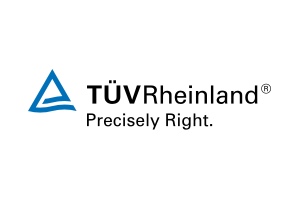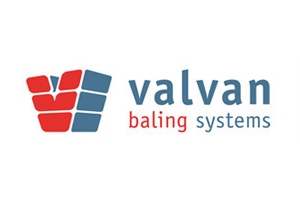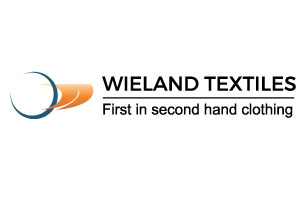Fibersorting: the fully automated sorting of second hand clothes
What if … we would upcycle 20 million tons of post-consumer textiles from Europe and North-America that is annually being squandered into landfills and waste-incinerators? This would mean over 36 fully laden, mammoth ultra large crude carriers are necessary to transport enormous piles of discarded clothes, shoes, bed linen and so on. On top of that, we would need huge loads of time, labor and money to sort all discarded textiles out into homogeneous stocks of raw materials.
Unless … we had some sort of a highly efficient technology that could accelerate the sorting process by at least a factor 10. The good news is that such a ground-breaking technology already exists. We call it Fibersort
A critical link for the transition toward a circular textile industry
Fibersort is an innovative technology that automatically sorts large volumes of garments and finished products by composition, color and structure of the fibers. Thus it transforms low-value waste into a reliable, consistent input of materials for the production of new high-value textiles. Fibersort is a critical link in the transition toward a circular supply chain, while it enables textile materials to cycle repeatedly through the supply chain in a cost-effective way. Once commercialized, it will create a tipping point for the development of a new, circular textile industry.
Learn more210 per cent more effective
In the current linear economy, huge amounts of valuable fabric are simply discarded as waste or down-cycled during textile recycling processes. This wasteful practice can be radically changed by Fibersort. This innovative technology automatically sorts mixed garments into homogeneous categories of up-front specified fiber types.
Read more- Detects all fabrics
- Highly accurate
- Cost-effective
- Circular
What’s the current R&D-challenge?
Although Fibersort is already a proven technology, there are always challenges that trigger further research and development. The R&D-challenge at hand, is the removal of buttons, zippers and labels from worn-out garments. Wieland Textiles intends to invest in so-called trim-clean technology that will enable this. Most preferably, the use of polyester labels in cotton or wool garments should be fully abolished or at least be made circular, which means it is made of the same material as the garment. Before this becomes a reality, Wieland aims to implement the trim-clean technology in the second half of 2021.







